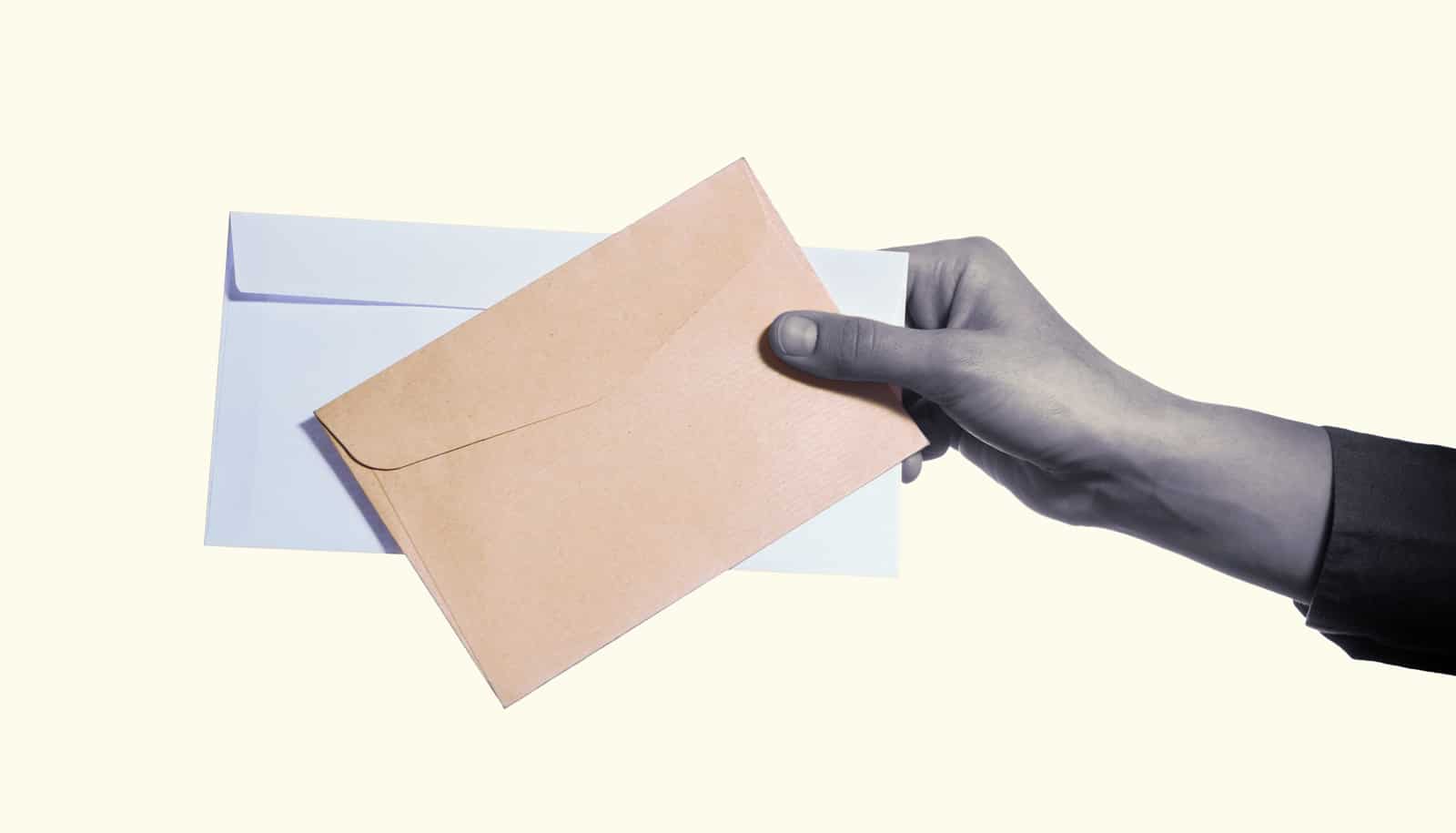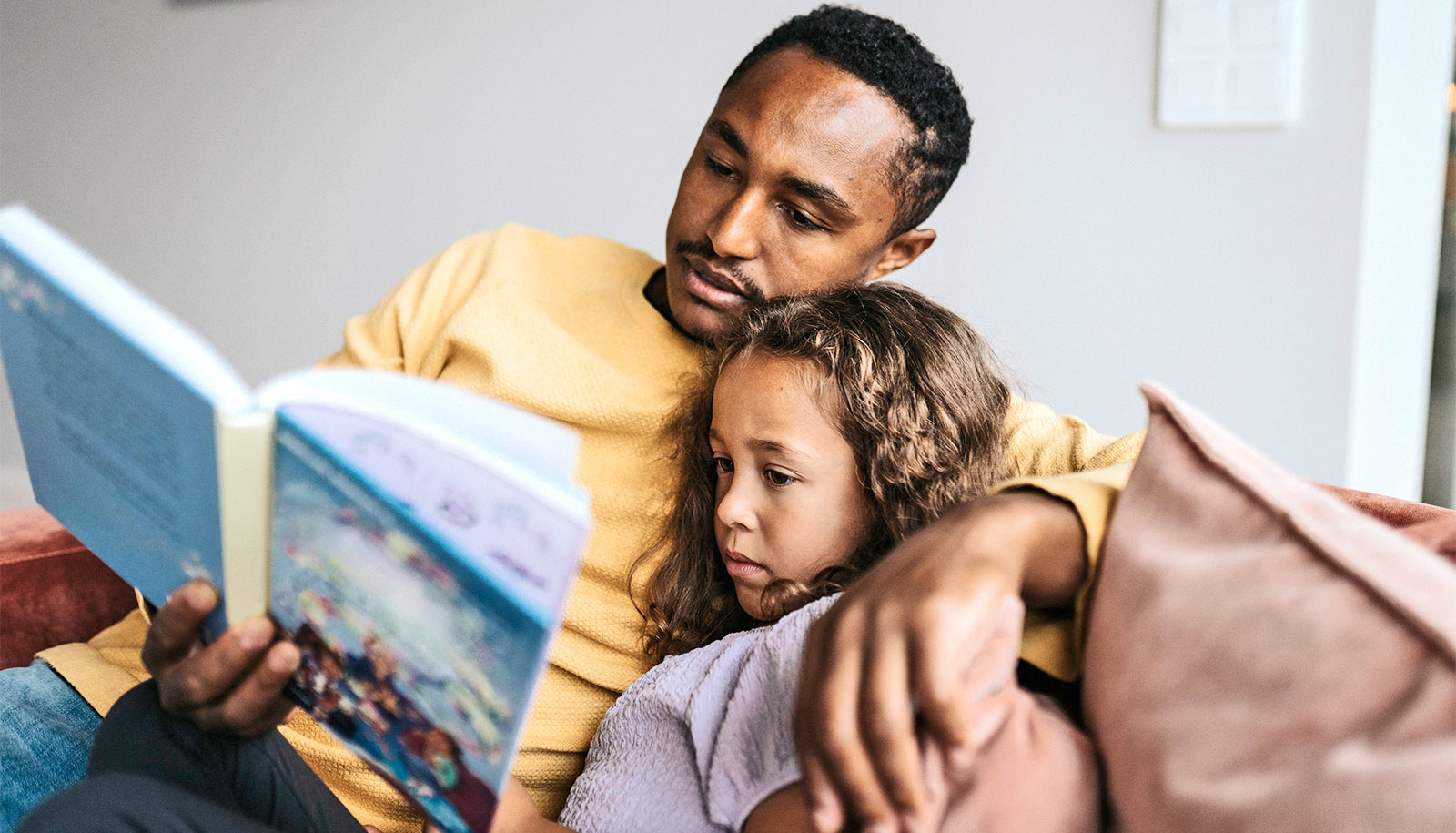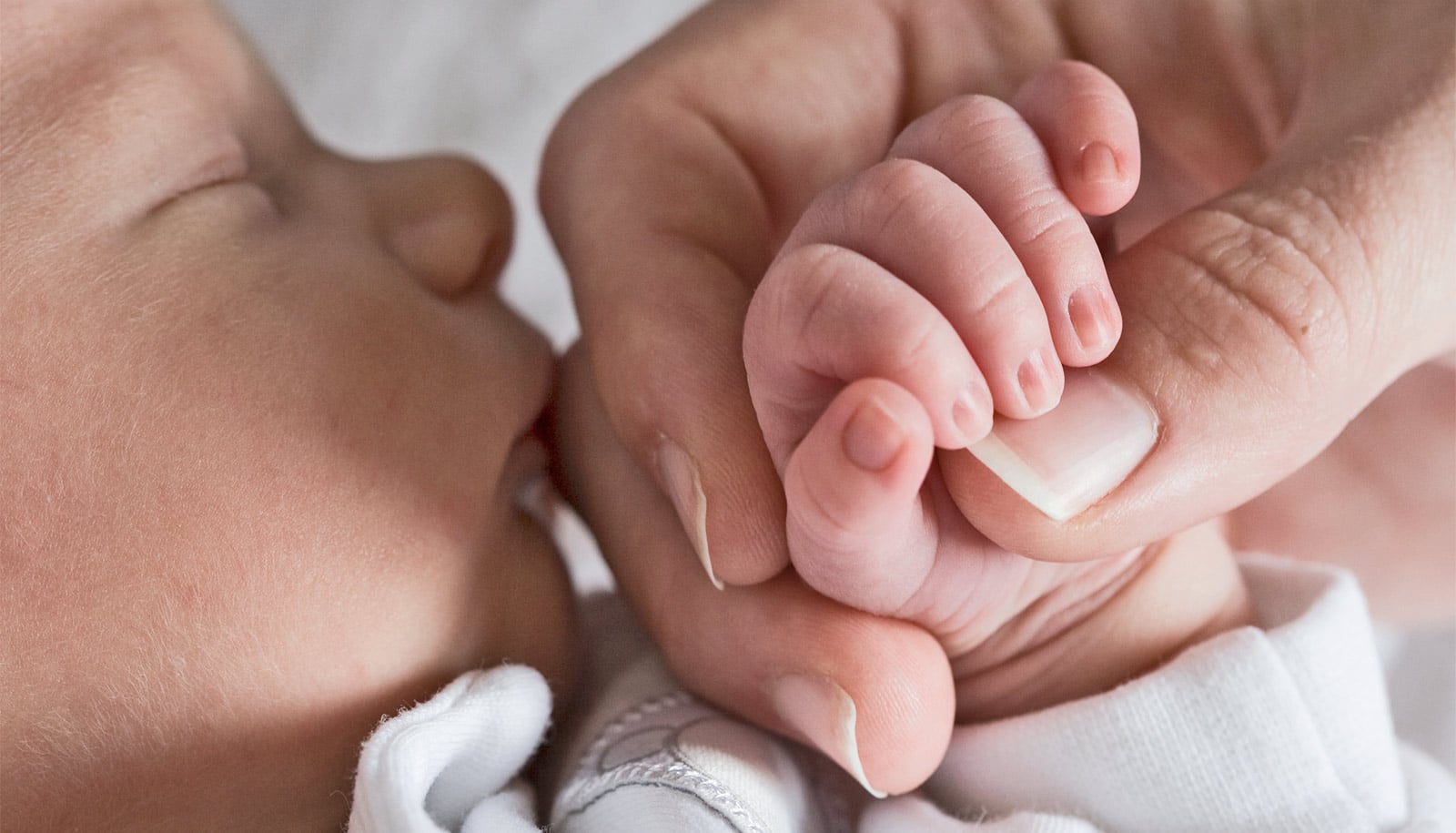More than a third of adult offspring at a California sperm bank want the sperm donor’s identity—if only to get to know more about him or “get a complete picture,” new research finds.
The data show that the move to open-identity sperm donation is feasible, says the study’s primary author, Joanna Scheib, associate adjunct professor of psychology at the University of California, Davis, and research director at the Sperm Bank of California.
The Sperm Bank of California has the oldest “open-identity” program in the world. Donors initially provide non-identifying information to prospective parents. Then, when the people they helped to conceive reach age 18, the sperm bank will provide the donor’s name, and sometimes other identifying and location information to offspring who request it.
“Because the number of parents disclosing is increasing, and parents are often counseled to disclose, we expect a growing number of … adults will seek information about their donor,” the researchers write.
Half of the adults in the study who could get their donor’s identity were parented by two mothers. The remainder came from families parented by a heterosexual couple (31 percent), or a single mother (18 percent).
Has celebrity news cut single mom stigma?
When looking at those who actually sought their donor’s identity, however, the numbers break down differently. More requests came from single-mother families. Most of the donor-conceived adults who sought identity also were women—similar to findings from adoptees, the study says.
The researchers followed a group of more than 256 families with donor-conceived adults who turned 18 between 2001 and 2011. When a request was made, most adults requested the information soon after becoming eligible.
“Perhaps surprising to some, sperm donors can remain committed to an open-identity program and willing to provide their identity to strangers who share their genetics,” says Scheib. “Twenty plus years after leaving TSBC’s donor program, over 90 percent of donors remained committed to releasing their identity to the adults from families they helped.”
The study appears in the journal Fertility and Sterility. Financial support for the work came from the Consortium for Women and Research at UC Davis and the Lesbian Health Fund of the Gay and Lesbian Medical Association.
Source: UC Davis



